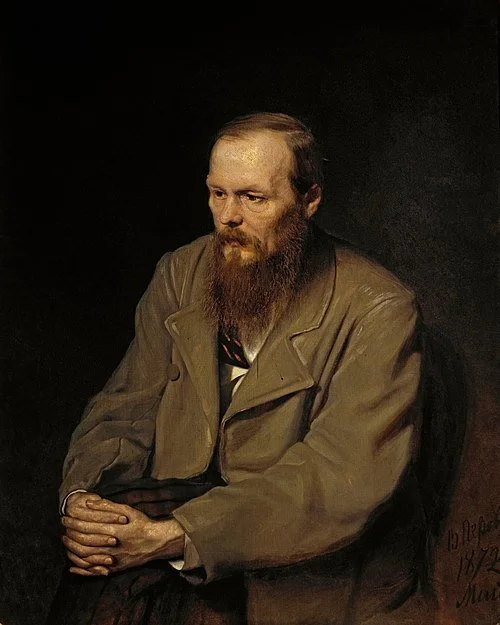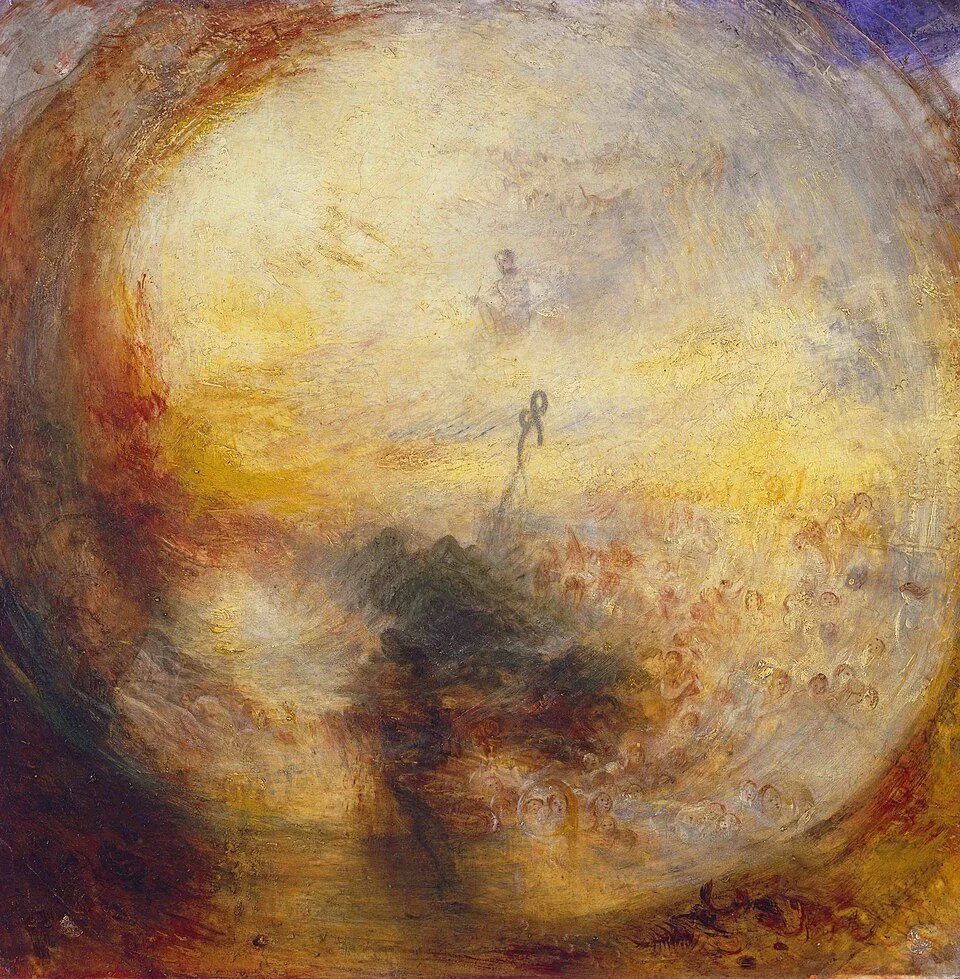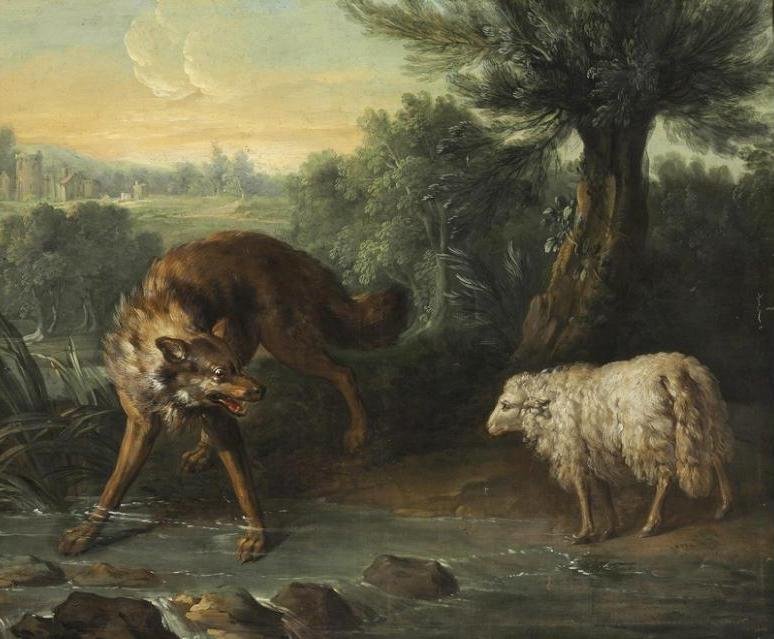How to find your life’s calling
At some point or another, most people wonder what their life’s purpose is—or if there’s a larger purpose at all. Robert Greene describes the force that guides you to your life’s purpose as an inner voice; in Julia Cameron’s The Artist’s Way, it’s an intense creative energy that drives happiness; every protagonist in Ayn Rand’s Atlas Shrugged possesses it; Cal Newport calls it deep work; for the Japanese, it converges to the concept of ikigai.
It’s energy, creativity, a flow state, ultimate truth, a higher plane of perception, intuition.Regardless of how it’s described, this force or energy has the innate potential to give our lives meaning and fulfill us. And pursuing it enables us to produce great things.
Think of the prolific writers, artists, musicians, scientists, and inventors throughout history—from Albert Einstein and Leonardo da Vinci to Mozart, Benjamin Franklin, Nicolas Tesla, and James Joyce. They all used this force to identify and master their callings, ultimately progressing humanity.
But how do you find your calling?
Everyone has a unique calling
First, let’s establish some background, courtesy of Robert Greene’s musings in Mastery. There are two reasons humans have the capacity for a calling: our ability to focus and our unique genetics.
In the early days amid a landscape of large, dangerous, and predatory creatures, tiny, easily breakable humans didn’t stand a fighting chance. So, with a relatively weak physique, our minds evolved to improve our chances of survival—we developed the ability to reason, concentrate deeply, and think about the future so we could find food and avoid predators.
This ability to concentrate intensely is a natural, instinctual trait for humans—something we were able to do before language even existed. This is important because we find our calling when we identify the subjects and activities that naturally capture our attention and that we find relatively easy to focus on.
Use your inclinations as a guide
The second reason we have the capacity for a calling has to do with genetics. Every person in this world is genetically unique, and our distinct chemical composition and DNA influence our skills, interests, and how we think:
“Our exact genetic makeup has never happened before and will never be repeated. This uniqueness is revealed to us through the preferences we innately feel for particular activities or subjects of study. Such inclinations can be toward music or mathematics, certain sports or games, solving puzzle-like problems, tinkering and building, or playing with words.” – Robert Greene, Mastery
Our genetics give us unique inclinations and interests, and analyzing them is the key to finding your calling. Greene describes inclinations as an inner force that guides you towards your vocation:
“In childhood this force was clear to you. It directed you toward activities and subjects that fit your natural inclinations, that sparked a curiosity that was deep and primal.” – Robert Greene, Mastery
You see the world more clearly when you pursue your calling
When you follow your inclinations, you feel deeply connected to the subject at hand and have an intense desire to think about it—these are subjects and activities that give you immense joy, purpose, confidence, and excitement.
They’re inherently gratifying. Your calling is a reflection of your individuality, and your life’s task is to express that which you’re uniquely equipped to do through your work.
After you’ve identified your calling, the goal is to master it. Mastery brings a change in your understanding of reality. With mastery, things fall into place and you can see the world more clearly.
You can think independently, handle complex issues without being overwhelmed, and understand things other people can’t. That’s why Einstein was able to discover groundbreaking laws of physics—he could see the aspects of the world with clarity.
***
For a brief interlude…check out these articles for more insights + subscribe to my newsletter:
Fear prevents people from finding purpose
We start out in the world with total access to this inner voice or force. As children, it’s what guided us when we explored and played and learned. But our access to this inner voice gets lost over time because we learn fear and become emotionally wounded—we get punished by teachers, parents, and peers when we defy expectations.
And when we conform and listen to others instead of ourselves, we lose access to this voice that used to guide us. Then, we go through life aimlessly and shy away from our calling. We fear failure, social pressure, criticism for nonconformity, potential hardship, lack of stability, uncertainty, and doubt. We also don’t want to work hard or take responsibility for our lives and happiness.
So we waste time and choose career paths based on what our parents or peers value. Or we choose what we think is socially acceptable, lucrative, or prestigious instead of taking the perceived riskier path and finding meaning. As a result, we feel unfulfilled.
All this is to say is that it’s important and worthwhile to spend time trying to find your calling because both the upside to pursuing it and the downside to not pursuing it are unlimited. Check out Part 2, where I’ll walk through practical steps for finding and mastering your life’s calling.
If you liked this post, check out these:
How to find your life’s calling (part 2)
















